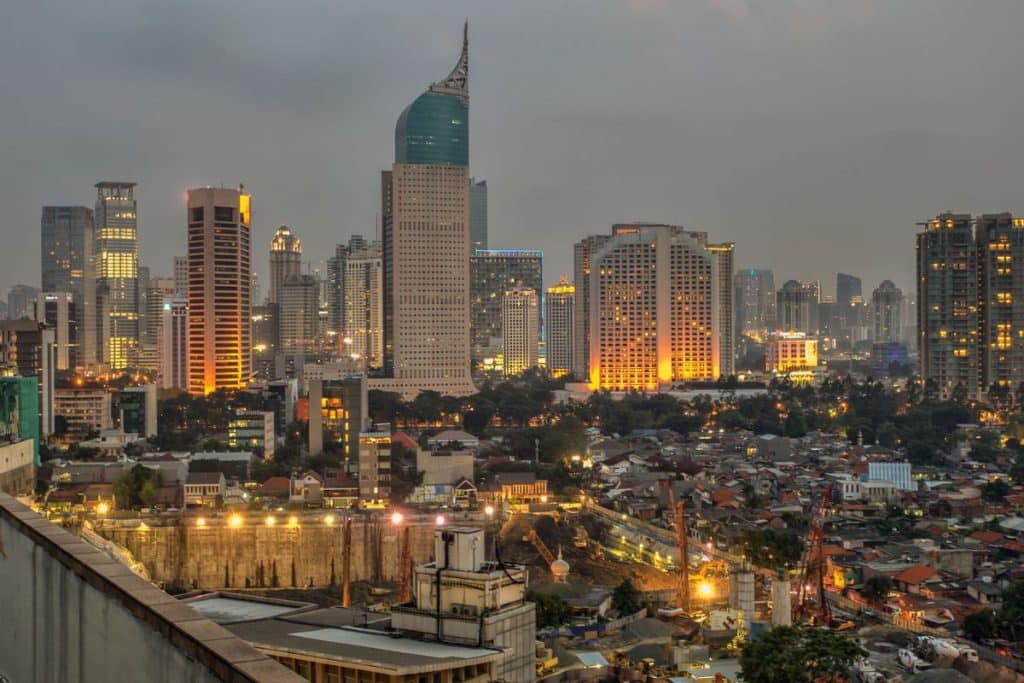Tourists visiting Bali will be charged $10 (AED37), starting February 2024.
The move is part of the tropical island’s efforts to “clean up its tourism scene,” as per a report by Bloomberg.
Come February, tourists must pay 150,000 rupiah ($10) per person for each entry to the island.
These funds will then be used for the conservation of coral reefs, mangroves and other sustainable projects, Tjokorda Bagus Pemayun, head of tourism office, said in a Thursday interview.
The fee must be paid before or at the time of arrival, however, the rest of the details still under discussion, Pemayun said.
Since reopening to tourists in March, Bali has experienced a surge in international visitors, particularly from Australia, India, and Russia.
As of July, the province had already exceeded its annual tourism targets, initially set at 4.5 million international tourists.
Between January and the end of May, a total of 4.25 million visitors had arrived on the island.

However, Bali has stricter tourism regulations imposed by Governor Wayan Koster in response to unruly behavior exhibited by some visitors, including public nudity. Over 100 individuals have reportedly been deported this year as a result of these actions.
The new policies entail mandatory official licenses for scooter rentals and penalties for those staying in unregistered accommodations.
In addition, mountain hiking and volcano visits are now prohibited. Additionally, travellers arriving in Bali will receive a guidebook outlining dos and don’ts, which includes advice to avoid public swearing, touching sacred trees, scaling religious structures, disrupting traditional ceremonies, and ensuring modest dress when visiting temples.
Bali introduces new golden visa scheme
Indonesia had also recently announced plans to streamline its immigration regulations with the goal of bolstering foreign investment and calling for a higher number of entrepreneurs to consider the nation as a destination for business ventures.
Among these changes is the introduction of a golden visa programme, first disclosed at the G20 Bali summit in the previous year, and scheduled for implementation before the year’s end.
The new residency-by-investment visa programme is designed to attract international talent, particularly in fields like health, research, and technology.

This initiative is part of a broader strategy aimed at generating 4.4 million jobs within the country’s creative industries by the next year, with a focus on Bali.
This programme offers two options for applicants, with either a five or ten-year validity, and it comes with various advantages.
These include property ownership rights in Bali, multiple entries into Indonesia, streamlined visa processes, and even a potential fast track for future citizenship applications. However, specific programme details and requirements are still being finalised.
While it was set to be launched in June last year, the visa’s introduction was delayed due to administrative issues.
Indonesia’s Minister for Tourism and Creative Economies, Sandiaga Uno, recently confirmed that it will now be rolled out to select individuals by the end of the third quarter.
Although the exact pricing and application timeline for this visa have not yet been disclosed, it is expected to include basic financial commitments, similar to Indonesia’s second-home visa introduced in December.
This visa, with a five to ten-year validity, mandates proof of income and a bank statement showing at least two billion Indonesian rupiah (approximately $130,537) in savings.

It targets retirees and property investors aiming to contribute positively to Indonesia’s economy.
For “digital nomads” residing in Bali and earning income from abroad, Uno said that the B211a socio-cultural visa, allowing six months for remote work, remains the primary option.
Indonesia is also currently developing a five-year “digital nomad” visa tailored to those working remotely for offshore companies.
Travellers, on the other hand, can make use of the visa on arrival for 500,000 Indonesian rupiah ($32), valid for 30 days, with a single extension option for an additional 30 days.






